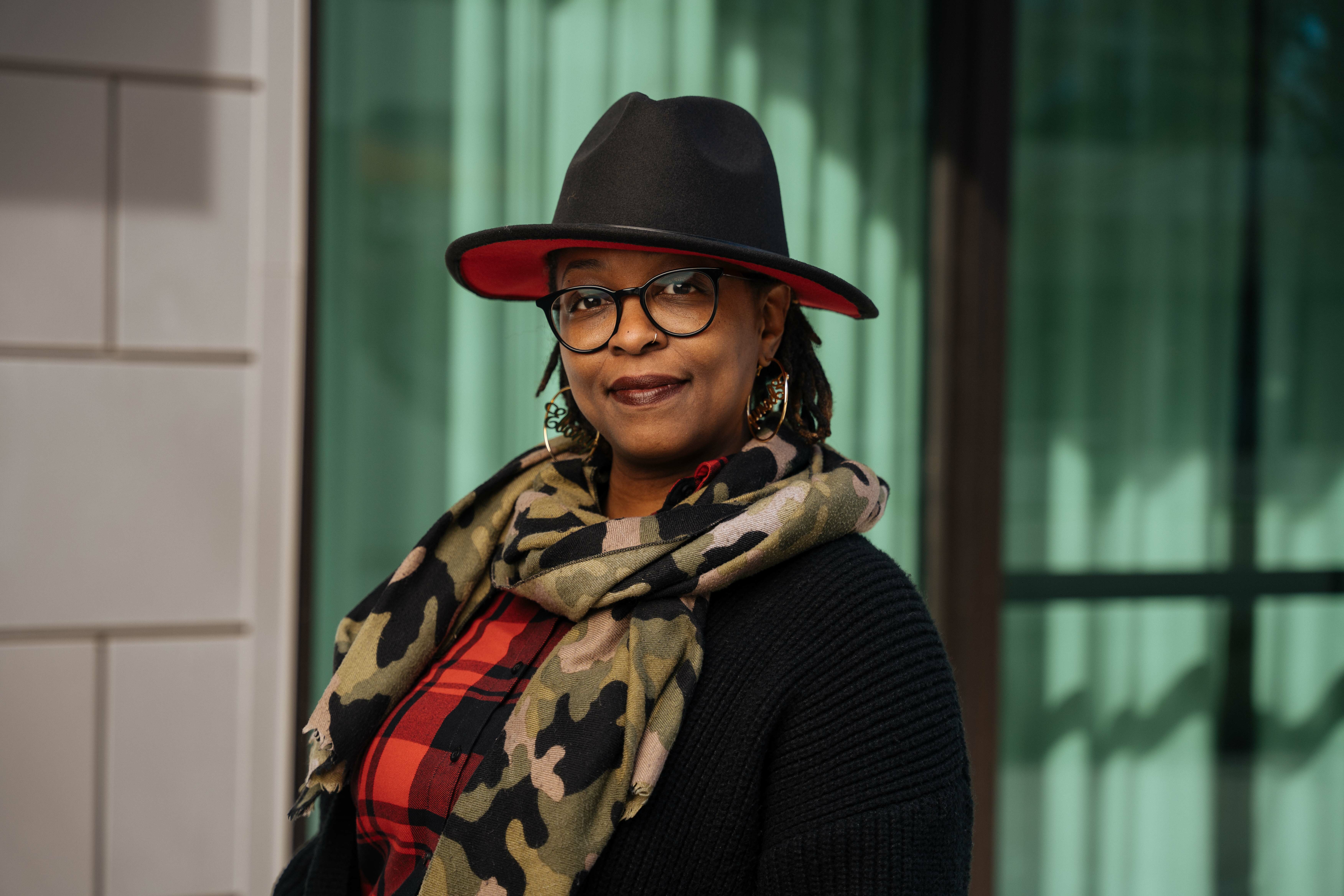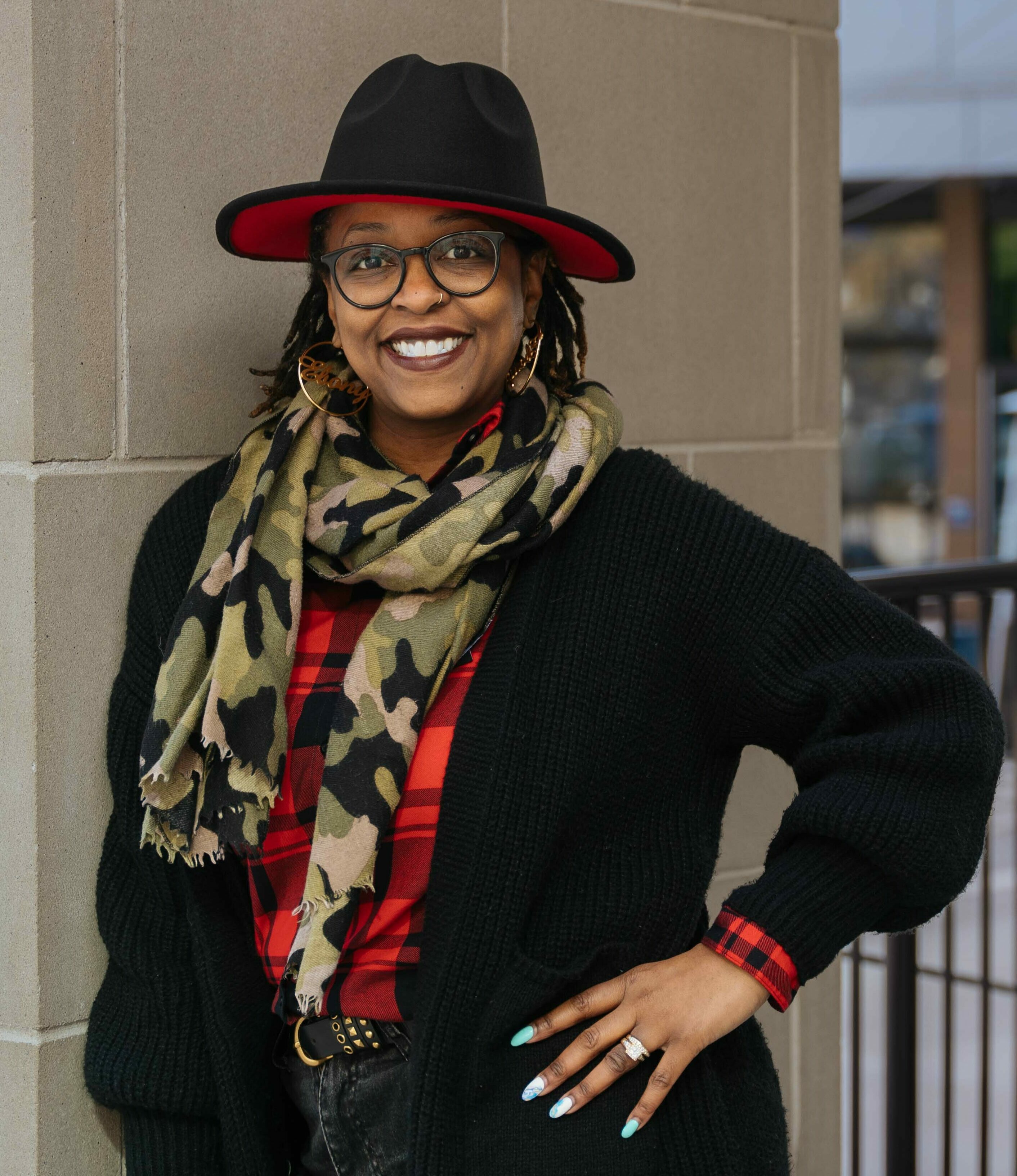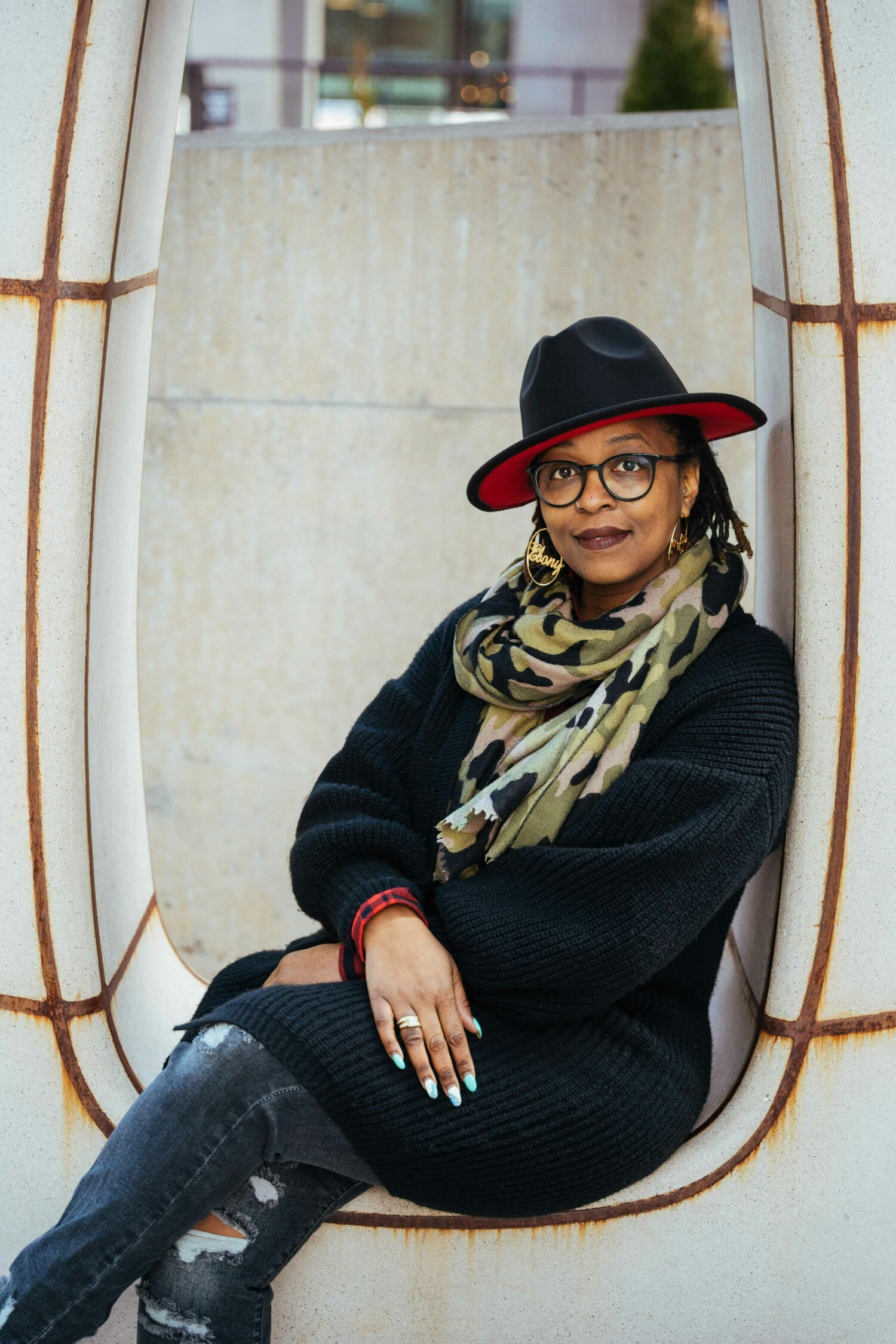Don't wanna miss a single (big) thing?
We've got you.
It's easy: Subscribe to get the latest edition plus curated weekly highlights! Sent straight to your inbox.
How To
Do Business with Intention
Ebony Sullivan’s entrepreneurial journey has been far from traditional. It began when she decided to leave her state agency job and pursue a career in real estate. Despite having no prior knowledge or experience in the field, she took the leap and enrolled in real estate school. This decision allowed her to enjoy the freedom of setting her own schedule. However, the housing market crash in 2008 forced her to reassess her plans and find alternative sources of income.
Undeterred by the challenges she faced, Ebony bought a restaurant with her family. Again, she entered an industry without prior knowledge or experience, but her entrepreneurial spirit pushed her forward. The restaurant, Hot Dog King, presented its own set of challenges, including a loss of customers and increased competition. Eventually, the rising costs of operating a hot dog business in downtown Greenville led to the closure of the restaurant in 2012.
Following the closure of the restaurant, Ebony found herself working as a receptionist for a small business. While initially feeling depressed and uncertain about her future, she gradually inserted herself into various roles within the company, gaining valuable experience in marketing, operations, IT, and onboarding. This opportunity allowed her to learn how to effectively run a small business from the back end.
The experience of working for a small business and her involvement with the Chamber of Commerce gave Ebony a deep understanding of the struggles faced by small businesses and the support they often lack. Armed with this knowledge, she decided to take the leap once again in 2020, this time to help her mother scale and grow her business, Cassy Electric.






